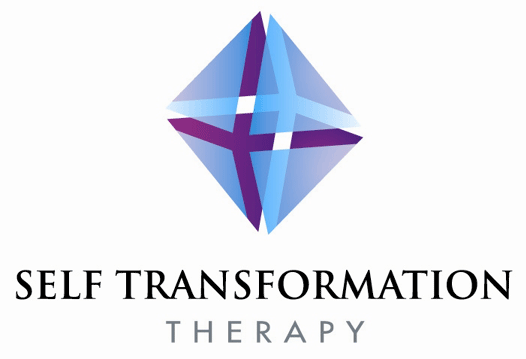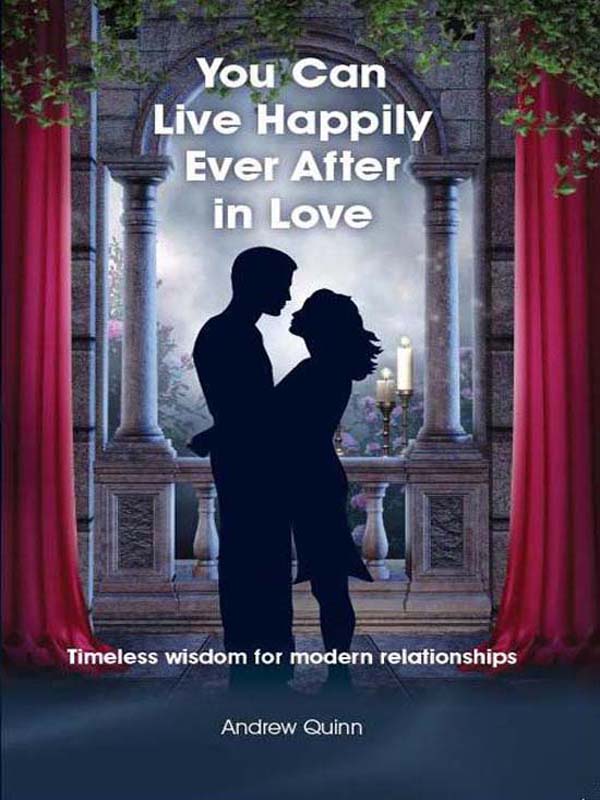|
|
Books |
|
Book related info & models |
| Self-transformation therapy |
| Psychologial models |
| What does the Octohedron logo teach? |
| What is Kabbalah? |
|
Monthly Newsletter - with thought of the month |
|
|
September 2010
The Purpose of Emotions The purpose of emotions is to expand us from a more limited state of being to a more expanded one. Our emotions signify a recognition between our current state of being that we are conscious of and another state of being that is truer to who we really are. Emotions are the energy that moves us from thinking small to thinking bigger about who we are, how we live and what we do.
|
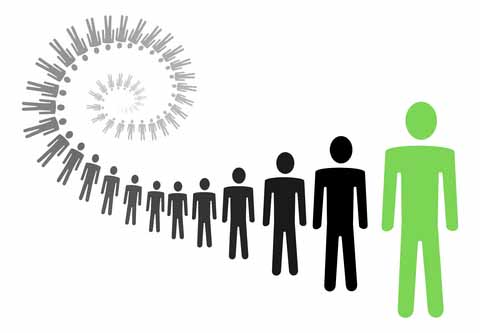 |
|
June 2010
Managing Your Emotions Emotions are represented as water in esoteric teachings. Emotions, like water, can stagnate if they are dammed up and can also be destructive if released unchecked. Emotions need to be allowed to flow without creating a wall that damns them or letting them flood out without any control. What lies in between is the capacity to master our emotions so that they neither control us or that we feel the need to control them.
|
 |
|
March 2010
The Vital Role of Communication “Communication is not just an act of listening but an act of making the other feel heard. What makes communication difficult is both the immediate feelings of a situation, as well as long held unresolved emotions that reflect this situation. Therefore, establishing healthy communication in arelationship represents a respect for the other, a trust of the other and wanting to become closer to the other ”
|
 |
|
November 2009 Photo: Happiness is a state of being “Happiness is a state of being achieved by the removal of what makes us unhappy. Happiness is waiting for us under all the complexity and negativity we create in our mindset. True happiness is accompanied by peace and joy, from the capacity to accept what is offered and let go of what is lacking. ” NB - there is no Oct 2009 newsletter |
 |
|
September 2009 Photo: Toxic Friends 'Ask Andrew' Advice - Query from JN: JN enquired how to end a friendship with a friend she described as toxic. JN had recently made significant personal changes and no longer found this friendship tolerable, but was unsure how to go about ceasing ties. This friend was described as dominant, concerned about herself and left JN feeling very drained. NB - there is no Aug 2009 newsletter. |
 |
|
July 2009 Photo: What is Love? Love is the experience of connection to or union with the object of our love that we desire. But love can be experienced at a number of levels. I believe that our physical desires can only make us happy. While our relationships can bring us joy. However, our spirituality can lead to blissful experiences. It may be useful to reflect on what we invest our desires in with such hope and expectation. It shows us where we are focusing our heart’s desires. |
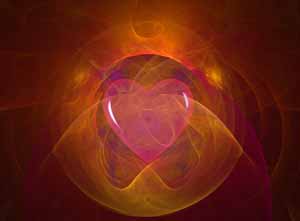 |
|
June 2009 Photo: Whose Feelings Are they anyway? - defending against projection. There is great benefit in observing how your mood and energy changes with different people and in different situations. You may find patterns of responses, such as feeling drained, irritable, anxious, inadequate or guilty. Self reflection on how these vulnerabilities exist within you can greatly enhance your ability to maintain a happy, confident and energised state of being. NB - there is no May 2009 newsletter |
 |
|
April 2009 Photo: Existential Stress Stress from any major or painful life events, can be reduced if you have your own life philosophy. At the very least, I ask you to reflect as to whether you believe that life challenges us to grow and evolve, and that the development of our soul’s capacity to love is behind all events that occur in our life. |
 |
|
March 2009
Photo: Managing Stress in Relationships Stress between couples in an intimate relationship is often due to the challenge of balancing the needs of self and other. This can be reduced to two areas: 1) whose needs are going to be met first or more often and 2) whose opinions, values or decisions are going to be more often approved or acted upon. For an intimate relationship to succeed, the needs to be respect and consideration for both self AND other. |
 |
|
February 2009
Photo: Managing Stress in Everyday Life Stress is frequently a result of doing something the wrong way or at the wrong time. Feeling overwhelmed, exhausted or teary at the thought of doing something, may not simply be a suggestion of a lack of coping. It is important to consult your feelings and intuition as to whether you are doing something the way you wish to do it, or at the right time for you. If you get this balance right, stress can ease or disappear NB - there is no Dec 08 or Jan 09 newsletter |
 |
|
November 2008
Photo: The Four Elements of the Psyche Our psyche requires all four elements to be in harmony for inner peace and joy. We need the element of FIRE for passion and energy. We need the element of AIR for mental clarity and focus. We need the element of WATER to allow our feelings to flow and to flow with the rhythms of our day. We need the element of the EARTH to keep our feet on the ground. Then you will have health, peace and vitality. |
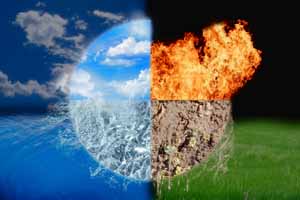 |
|
October 2008
Photo: Does Your Past Define You? The more we focus on our past while feeling stuck, hopeless and powerless, the more we will adopt roles and behaviours of our past. The influence of our past needs to be identified and let go of. Excessive negative focus on it will re-create our past in a repeating cycle, where things never change. |
 |
|
September 2008
Photo: To give is to receive True Intimacy requires the capacity to both give and take love, as well as attend to your needs and your partner's. Giving without believing you are worthy of receiving risks self-neglect. Receiving without giving risks self-serving behaviour. Love requires the capacity for both to occur simultaneously - as you give you receive. That is the only way to love. |
 |
|
August 2008
Photo: Flexibility to weather life's storms True strength requires flexibility. That is why concrete structures are made with steel reinforcement inside. With steel, tall concrete buildings flex and withstand greater strain. Similarly, personal strength comes from trusting life and 'going with the flow' - flexing, rather than rigidly hanging on by your finger tips.
|
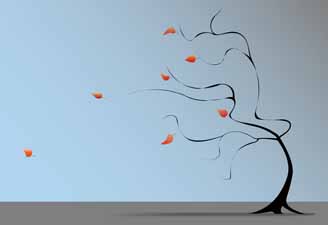 |
|
July 2008 Photo: Standing out from the crowd When you change your behaviour, those around you cannot stand still - they will feel a difference. Even resisting your change is a reaction. So allow those around you the time to see that change can be a good thing. Keep showing them you care for them, even though you may be making difficult decisions. Do not apologise for thinking big - for wanting to love big!. |
 |
Disclaimer: The content of this website is informative only and in no way represents medical advice. See your doctor or a mental health practioner for individual advice.
